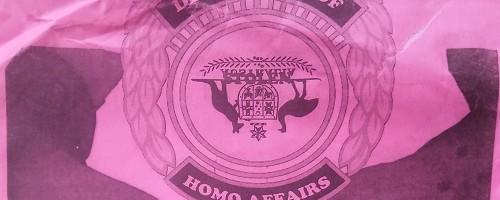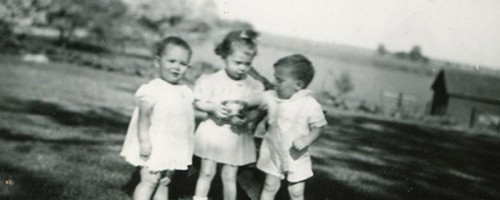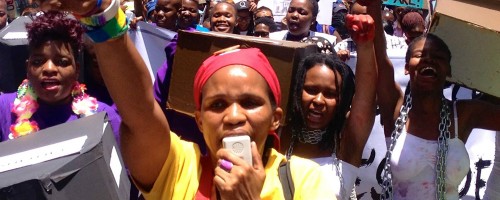The problem with ‘escaping from Sydney’
Is Sydney the worst city to live in Australia? This is the question set on fire in a recent op-ed published on the ABC – ‘The truth about living in Sydney: Everyone has an escape plan’ – where writer Andrew Street has tapped into the fertile soil of parochial mudslinging, population debate and our economic stagnation by declaring that he is seeking to escape the beautiful but torturous harbour city of Sydney.











